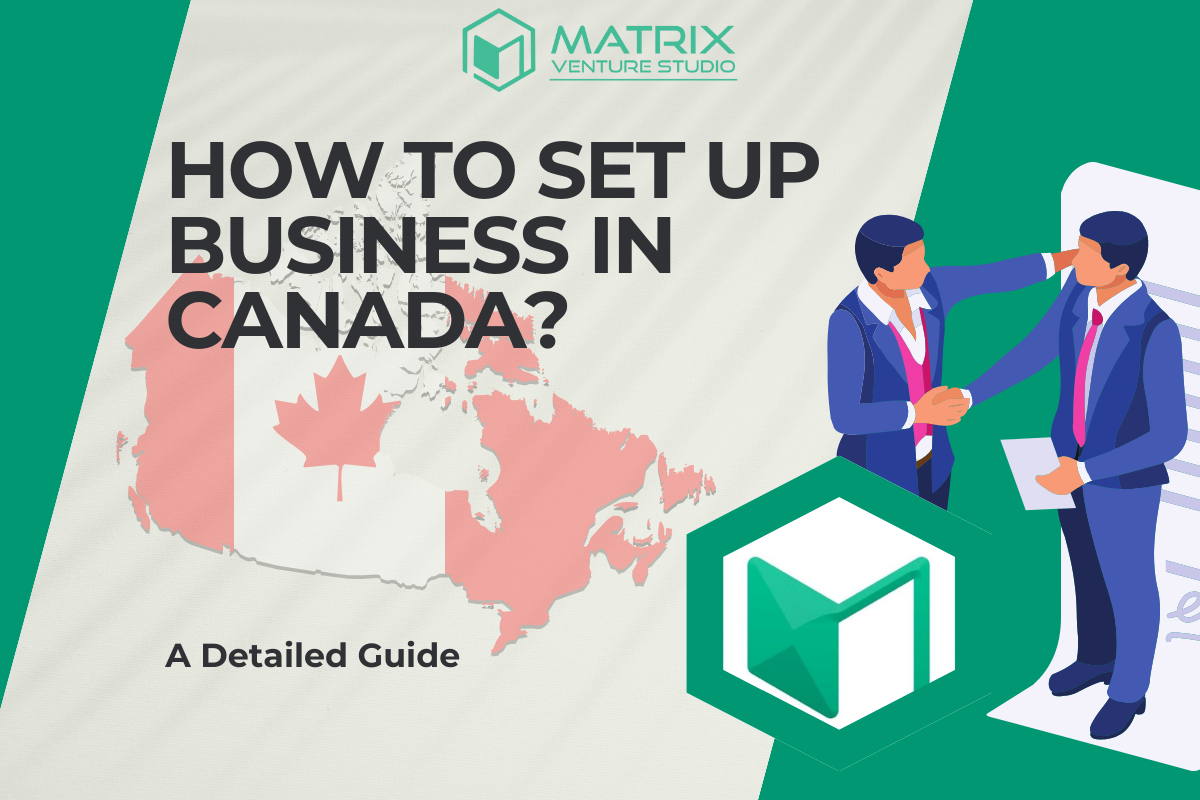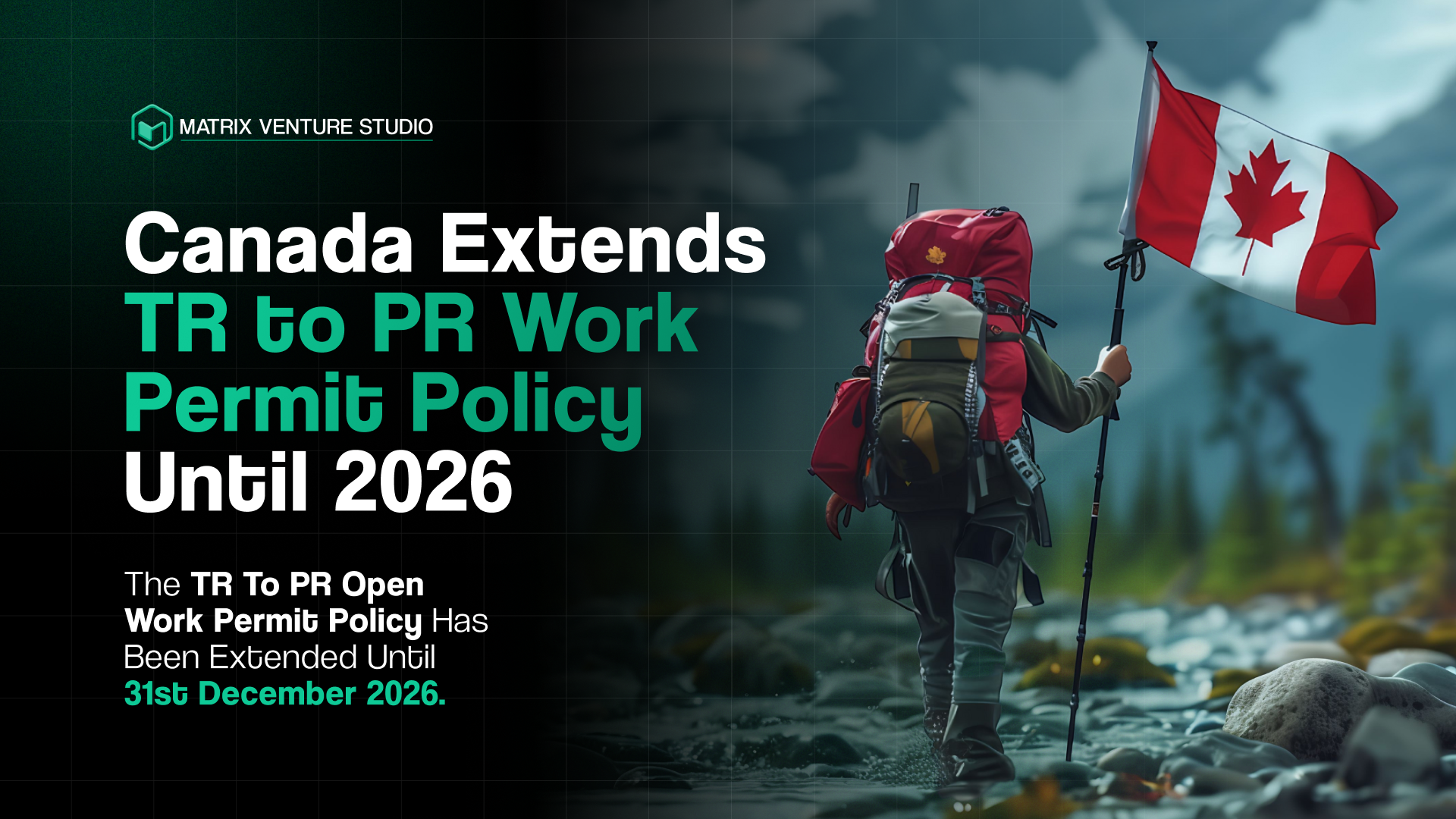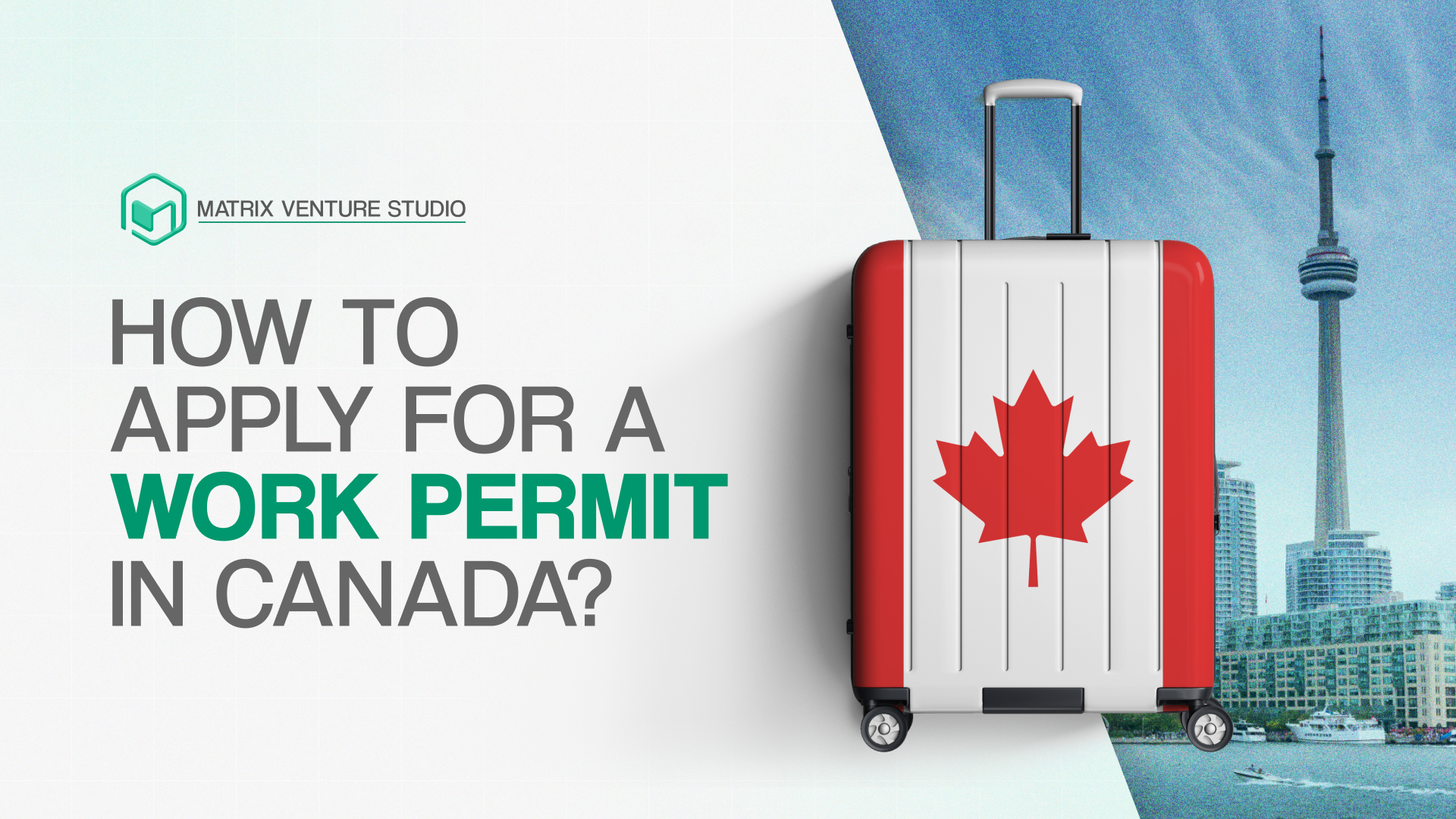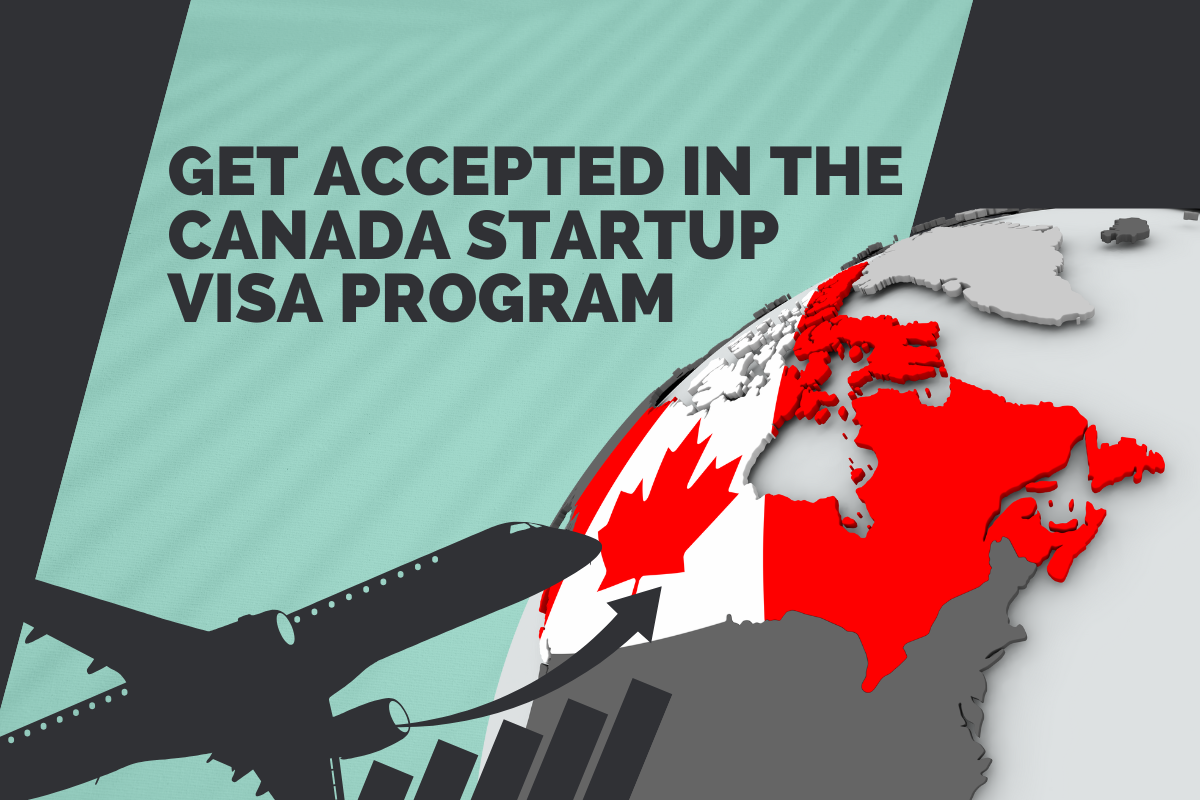Did you know that Canada is booming with over 3000 startups? It's becoming a hotspot for entrepreneurs, and for good reason! With its stable politics, top-notch workforce, and favorable trade deals, it's a golden opportunity waiting for you to tap into.
But before you dive in, you must know the ropes. So, this guide has all the nitty-gritty details you need to know, from legalities to paperwork, the startup visa program and everything in between.
Understanding the Canadian Business Landscape
Canada's business scene is looking mighty fine! Just check out the numbers.
>Almost three-quarters (72.1%) of businesses are optimistic about the future. And that’s up from 68.4% in the first quarter and 65.9% in the fourth quarter of 2023! This uptick in positivity is a sign of Canada's strong economy and welcoming business environment with substantial credit to the startup visa (SUV) program.
We are empowering our best students, researchers, entrepreneurs, and innovators to put their ideas to work here in Canada. Investing in productivity and encouraging game-changing innovation will create well-paying, meaningful jobs for every generation. pic.twitter.com/NkjHrZhPMd
— Chrystia Freeland (@cafreeland) May 30, 2024
Canada has got some hot spots for investment. Think tech, finance, agriculture, advanced manufacturing, and real estate. And why should you consider setting up your business in Canada? Well, it has political stability, a skilled workforce, favorable trade agreements, and a prolific startup visa (SUV) program. They create a secure and competitive market for entrepreneurs.
Preliminary Considerations
Before diving into the Canadian business scene, you should do your homework! First off, assess whether your business idea has what it takes to succeed in Canada. You should make sure your idea has real staying power. But how? Well, that means:
- Digging into market demand
- Analyzing the competition
- Getting a feel for your potential customer base.
Next up, get to know the cultural and business environment. Canada is a melting pot of cultures and regions. That can affect everything from how people shop to how they do business. So, take the time to brush up on:
- Local customs
- Business Etiquette
- The ins and outs of the regulatory scene
And last but not least, have a plan! A well-crafted business plan lays out everything. This ranges from your business model to your marketing strategies and financial projections. It keeps you on track and shows potential investors and lenders that you mean business.
Legal Structures for Businesses in Canada
When you are starting a business in Canada, nailing down the right legal setup is key. You've got a few main choices to pick from:
- Sole proprietorship
- Partnership
- Corporation
A sole proprietorship is owned and operated by one individual. It is simple and inexpensive to establish. It offers complete control to the owner. But it entails unlimited liability. This means personal assets are at risk if the business incurs debt.
A partnership involves two or more individuals sharing ownership. This structure benefits from combined resources and expertise. But partners also share unlimited liability. Potential conflicts can also arise.
A corporation is a separate legal entity. It provides limited liability protection to its shareholders. It can raise capital more easily and has a perpetual existence. However, it is more complex and costly to establish and maintain. This is because it has rigorous regulatory requirements.
So, when you want to choose the right structure, you'll have to assess mainly the following factors:
The level of liability you're willing to assume
- Tax considerations
- Funding needs
- The desired control over the business
Documents Required for Setting Up a Business
As you set up your business in Canada, you'd need to submit various documents. Note that the exact requirements may vary with the province where you plan to set up your business and the nature of your business. But here's a general list of documents often needed:
- Proof of identification
- Business plan
- Proof of investment funds
- Incorporation documents
- Business permits and licenses
- Lease agreement or property ownership documents
- Tax registration documents
- Employment contracts (if applicable)
- Bank statements
- Insurance policies (if applicable)
- Health and safety compliance documents
- Environmental permits (if applicable)
Moreover, if your company is incorporated, here’s a list of documents needed to open a business bank account:
- Articles of incorporation/association
- Trade name registration
- Original, valid, and current government-issued photo ID
- Name, address, and occupation of those owning at least 25% of your business
- Canada Revenue Agency (CRA) registration number (if applicable)
- Certificate of Compliance
- Corporate profile report
- Annual government filing
- Latest financial statements
- Latest Business Notice of Assessment
- Current liquor license (if applicable)
- Health and safety certificates (if applicable)
- Business license or vendor’s permit
- Other current and valid government-issued document
Immigration and Work Permits
The federal government's Start-Up Visa Program helps entrepreneurs grow their businesses in Canada. Here's how you can get enrolled in this program:
Qualifying for the Start-up Visa Program
To apply for Canada's Start-up Visa Program, you must meet four key requirements:
1. A Qualifying Business
You must create a business where each holds at least 10% of voting rights attached to all shares, with up to five newcomers able to apply jointly. The business must be incorporated in Canada.
2. Commitment from a Designated Entity
Before applying, you must secure support from a designated organization. These entities include venture capital funds and angel investor groups. They commit to helping develop the business in Canada.
3. Language Proficiency
You must prove proficiency in English or French. So, you should meet Canadian Language Benchmark (CLB) Level 5. You’d need test results from approved providers. They include IELTS or CELPIP for English or TEF or TCF for French.
4. Proof of Funds Requirement
You must show you have sufficient funds to support yourself and your family members in Canada. The required amount varies based on family size. It ranges from CAD $12,669 for a single applicant to additional amounts for each dependent.
Application Process
You’ve to prepare and submit your application online or by mail. Besides meeting the above four requirements, you must provide extensive supporting documentation. This includes:
- Medical exams
- Police certificates
- Certified translations, if necessary
Application fees range from CAD $1,625 for the principal applicant to additional fees for accompanying family members.
You must compile and send all applications directly to Immigration, Refugee & Citizenship Canada’s Centralized Intake Office in Sydney, Nova Scotia. The processing time is approximately 37 months.
So, while you wait for Permanent Residence (PR) approval, you can apply for a temporary work permit to start working in Canada. Once approved, you and your family members get Canadian PR status.
Incorporation Process
1. Select a Good Name
Choose a name for your business that:
- Reflects your products or services
- Is easy to remember and pronounce
- Stands out from competitors
- Is unique and distinctive to avoid confusion and legal issues
2. Register with the Government
Before starting operations, figure out where the location of your main office and which provinces or territories you plan to operate in. Also, choose the appropriate business type.
Most importantly, get yourself a Business Number (BN). You can use Business Registration Online (BRO) for that. You can also register for the following CRA program accounts:
- GST/HST program account
- Payroll Deductions Program Account
- Corporation Income Tax Program Account
- Registered Charity Program Account
- Information Returns
- Luxury Tax Program Account
- Underused Housing Tax Program Account
Once you register for a BN, you’ll get a nine-digit BN. Keep that for future interactions with the CRA.
3. Find Permits and Licenses
Use tools like BizPaL to identify permits and licenses required for your business based on location, industry, and activities. Ensure compliance to operate legally and avoid penalties.
4. Explore Funding Options
When it comes to funding your big ideas, you've got options. Loans, grants, even venture capital — it's all on the table! Moreover, Canada offers many support programs, both national and local. You can tap into several options under the startup visa (SUV) program as well.
You can tap into resources like the Business Benefits Finder https://innovation.ised-isde.canada.ca/s/?language=en_CA. It'll get you a list of programs and services to help your business. Also, reach out to organizations that specialize in helping entrepreneurs. They've got the know-how and connections to give your business that extra boost.
Apart from this, get yourself a business bank account. Also, consider bringing in some professional help. This will help keep things running smoothly.
Once all legal aspects are out of the way, it's gone time! Keep track of how things are going, be ready to switch gears if the market throws you a curveball, and always be on the lookout for ways to grow and expand.
Timeframe for Setting Up a Business
The timeframe for setting up a business in Canada varies depending on the province and registration method. Typically, registration can be done in-person, by mail, or online, with business licenses usually issued within one to 35 days.
Still, several factors can influence the duration, including:
- Specific province's registration process
- The complexity of your business structure
- Completeness of your application
Here’s what you can do to speed up the process:
- Ensure all required documents are prepared accurately and submitted promptly.
- Go for online registration options, as they often offer faster processing times.
- Engage professional services to get the registration process done efficiently.
Role of Sponsorship and Connections
This evening in Ottawa: Minister @Mary_Ng and @TiaraBeth Folkes joined us for a featured conversation on Supporting Indigenous entrepreneurs, exporters, and innovators. pic.twitter.com/s2FL9SzufQ
— Canada 2020 (@Canada2020) May 30, 2024
Networking and building relationships are key ingredients for success. So, you should engage with local communities, industry peers, and business networks. This move can open doors you never knew existed, such as valuable insights, opportunities, and support.
Now, here's a little insider tip: while not mandatory, you can consider getting a local partner or sponsor. After all, they can ease market entry and business growth. But how? They can help you with:
- Local knowledge, resources, and networks
- Cultural nuances
- Regulatory requirements
- Business practices
But remember, you must choose your partners wisely. Lay out expectations and agreements upfront. Make sure it's a win-win for everyone involved.
Marketing and Expanding Your Business
To market your business in Canada, you've got to hustle smart. Here’s how:
- Tap into digital marketing to reach your target audience effectively and affordably with adequate market research. This includes social media, email campaigns, and Search Engine Optimization (SEO).
- Get involved in your local community. Attend networking events. Join industry groups. This helps build relationships and spread the word about your business.
- Make the most of local advertising channels like newspapers, radio, and community events to get your name out there.
- Treat your customers right. This way, they'll become your biggest brand ambassadors.
- Stay on top of market trends and adapt your strategies accordingly.
Are you ready to set up your business in Canada?
You've got the insider scoop on how to make your mark. Canada's business landscape is buzzing. After all, it has so many startups and a welcoming environment for entrepreneurs.
But before you jump in, remember to understand the Canadian business scene. This ranges from market demand to cultural nuances. And don't forget to lay out a solid business plan.
When it comes to legalities, documents, and registration, follow all the steps to get yourself up and running in no time. This includes selecting the right business structure, permits, and licenses.
Networking and building relationships can open doors, so don't be hesitant about reaching out and making connections. To market your business, do market research, leverage digital channels and local communities.
Matrix Venture Studio helps you set up and scale your business in Canada under the startup visa (SUV) program. Besides overseeing all your documentation and legalities, we enrich your journey by providing additional services such as market research, mentorship, pitch decks, business plans, and much more. Connect with us further at info@matrixventurestudio.com.





Leave a reply